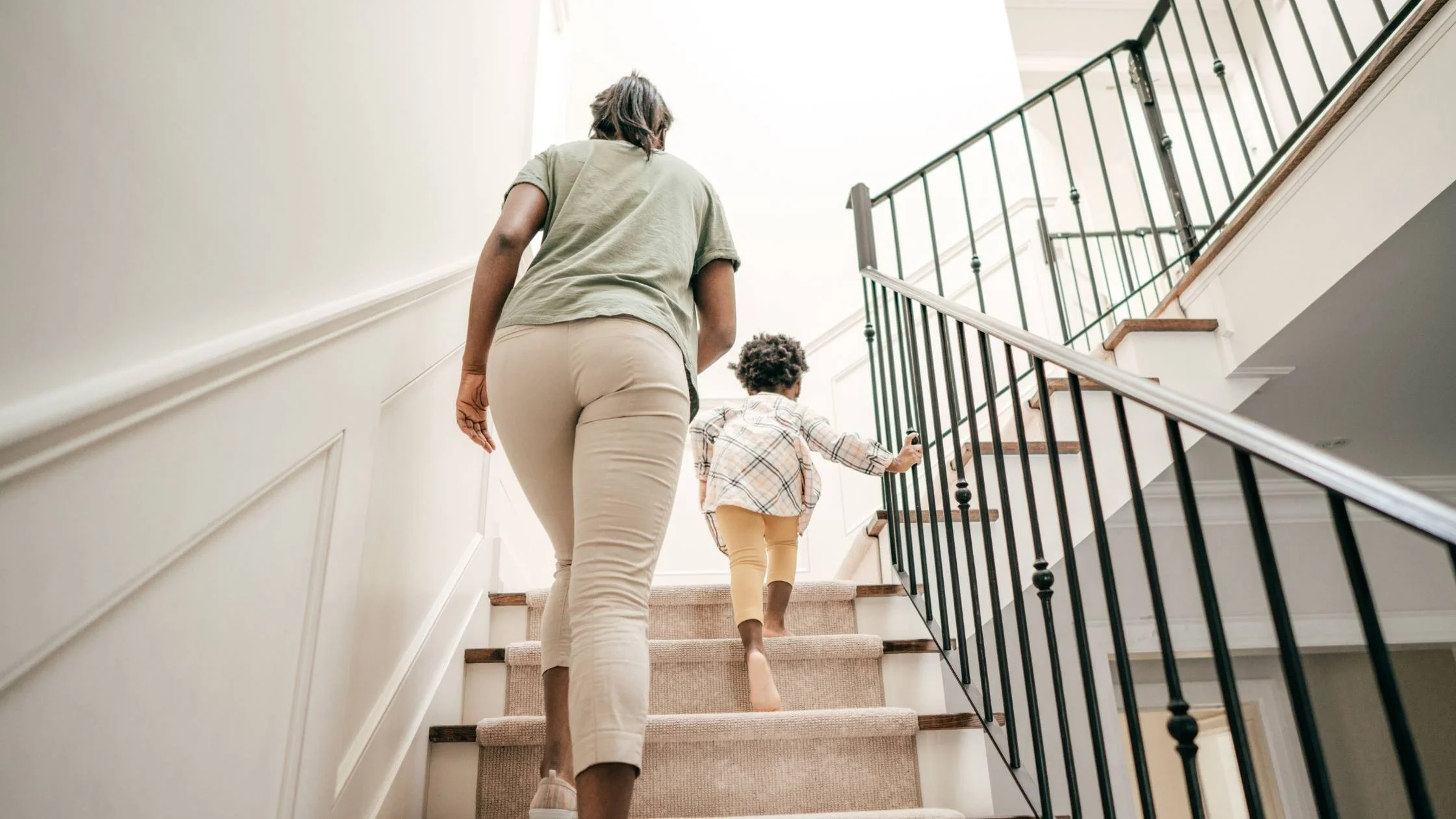Your home is a place where you feel at ease and secure. It's where you snuggle your kids into bed and binge-watch Netflix on the couch. Eighteen thousand people die in domestic accidents in the United States alone every year. It also accounts for 21 million medical visits every year, costing $220 billion yearly.
Without proper care, your house may develop conditions that can make you severely ill—and worse, could kill you.
Here are some ways your home might hurt you, as well as professional advice on how to minimize or avoid these problems in your home.
Falls
When it comes to home accidents, falls are the leading cause of mortality. They account for a third of all deaths. This sort of accident has the most significant impact on the elderly.
How To Minimize: Install safety gates at both the bottom and top of stairwells to prevent youngsters from tumbling down them. Ensure the lighting is adequate and that the railings and steps are sturdy and well-maintained to keep everyone safe.
Mold
Although mold is not a pathogen (a disease-causing agent), it is nonetheless an allergy that you don't want in your home.
Molds, notably black molds such as Stachybotrys, grow when moisture collects in a region with a food supply, such as skin cells or paper. If you smell an earthy, musty odor, mold develops in your house. Though the ordinary individual will not be adversely harmed by mold exposure, frequent exposure is not recommended for your health.
How To Minimize: Fortunately, mold may be avoided by keeping your house dry, using an exhaust fan while showering, and investing in a dehumidifier for your basement in the summer. Do not be alarmed if you discover black mold (also known as poisonous mold) in your house. Make an appointment with a specialist who can properly remove the mold and the water supply feeding it.
Carbon monoxide poisoning
Carbon monoxide poisoning happens when your blood has too much carbon monoxide, killing thousands of individuals each year. This can cause tissue damage or even death.
Carbon monoxide can be released by poorly ventilated appliances such as stoves, water heaters, and gas appliances. Smoke from improperly cleaned chimneys can travel throughout the house, causing carbon monoxide poisoning.
Carbon monoxide is a deadly murderer that goes unnoticed. It cannot be identified by scent, unlike gas. Following these actions will keep your family safe:
How To Minimize: Ensure that you have carbon monoxide detectors in your home and test them regularly. Properly ventilate appliances and clean heat sources like wood-burning stoves every year before use. If you have any concerns regarding the safety or security of your appliances or ventilation in your house, contact a professional.
Fire
According to the National Fire Prevention Association, seven people die in home fires every day in the United States. The majority of these residential fires are caused by the daily usage of appliances, candles, and cooking equipment. The most unexpected firestarter, on the other hand, can be found in the laundry room.
Dryer lint can build up in the dryer and create an electrical fire. The number one cause of home fires is clothes dryers.
How To Minimize: Install smoke detectors in the kitchen, bedrooms, and basement. Test your alarm monthly and ensure you replace the batteries twice a year. Ensure your appliances have the proper rating before plugging them into outlets to avoid house fires. Have your electrical wiring regularly tested by a qualified electrician. When cooking, always extinguish candles after use and keep a close eye on the burner.
Slippery Floors
The bathroom is frequently cited as the most hazardous room in the house. Wet, slick surfaces often cause falls, resulting in anything from embarrassment to a broken hip.
How to Minimize: While it is not the most hygienic sort of bathroom flooring, people who are in danger of falling may consider having the entire bathroom floor carpeted. Rubber mats should be used in showers to avoid falls from wet surfaces. When coming out of the bath or shower, lay mats or towels on the floor. The following are extremely important, especially if you live with an elderly person.
Keep Tabs on your House
Any homeowner must take the time to slow down and ensure the safety of their house. Give your house a monthly, semiannual, and annual inspection to maintain it in good shape for years to come.
Your house should be the safest place you can be in. A house needs love and attention as much as we do—it just requires a bit more tweaking from time to time, but it’ll all be worth it.
But as they say, nothing is forever, so if you’re ready to love a new home and move out from your current one, Ash Creek can provide you with an all-cash offer. Sell your house to us and move out on the date of your choosing. Contact us today!

